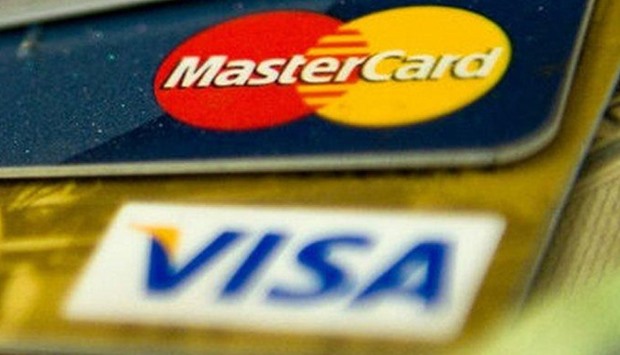The European Union has accepted an offer by Visa and Mastercard to cut fees on payments made by tourists using cards issued outside the bloc to stave off fines and end an EU antitrust investigation.
The European Commission, which has waged a decades-long crackdown on payment and credit card fees, says that so-called interchange fees in which the merchant's bank pays a charge to the cardholder's bank, result in higher prices for consumers.
This is because the fees, which are a lucrative source of revenue for banks, are ultimately borne by the merchant.
‘This, together with our January 2019 decision on Mastercard's cross-border card payment services, will lead to lower prices for European retailers to do business, ultimately to the benefit of all consumers,’ Europe's antitrust chief Margrethe Vestager said in a statement.
The companies' commitments will cut such fees by 40 percent on average, the European Commission said on Monday.
Visa, the world's largest payments network operator, and closest rival Mastercard have proposed a 0.2 percent fee on non-EU debit card payments carried out in shops and a 0.3 percent fee on credit card payments, the Commission said late last year.
This would bring their fees in line with those charged for EU cards, which were the subject of a long EU investigation after a 1997 complaint by business lobby EuroCommerce.

